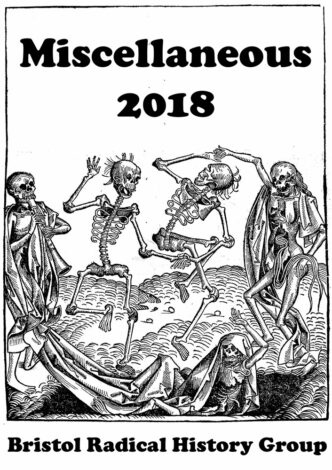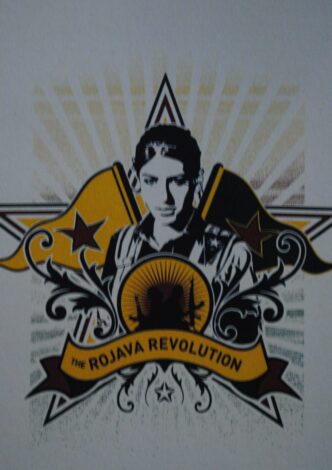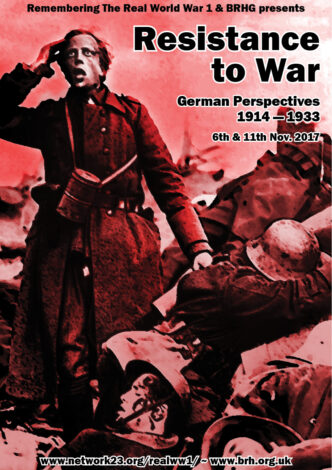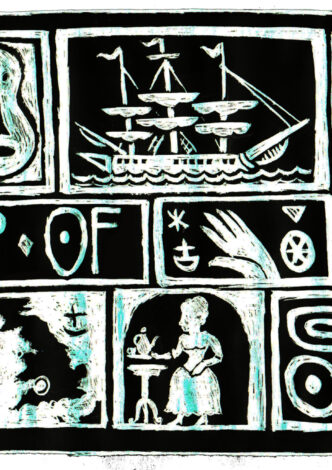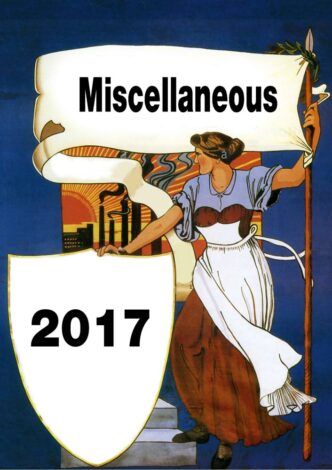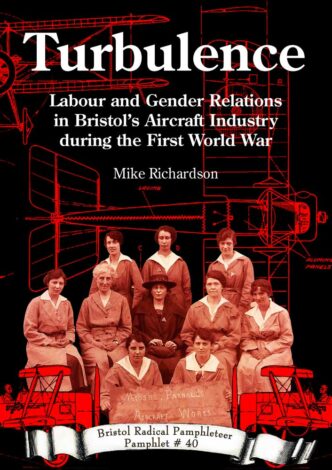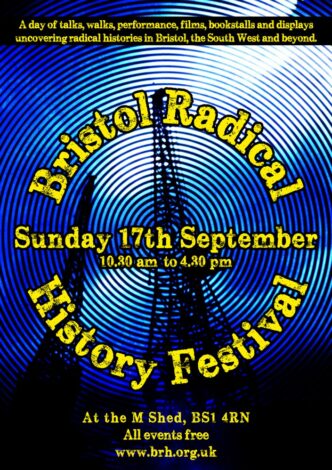The ‘Goddess’ and the ‘Leader’ in Prehistory?
Part of Bristol Women’s Voice, International Women’s Day Celebrations in Room 1P04, at City Hall, College Green, Bristol BS1 5TR. Note: A creche with two hour slots is available at the venue. Some writers have claimed that human religion began everywhere with worship of a 'Great Mother Goddess' responsible for fertility of earth and humans. Archaeologists have also looked to find a 'leader' or 'chieftain' in prehistoric communities. But are assumptions about hierarchy in early religion and […]


